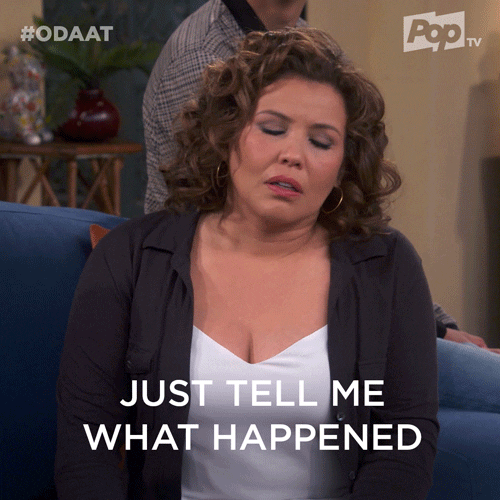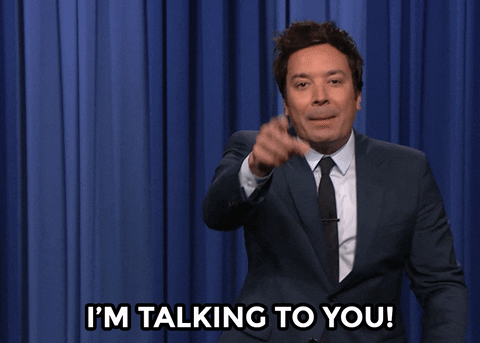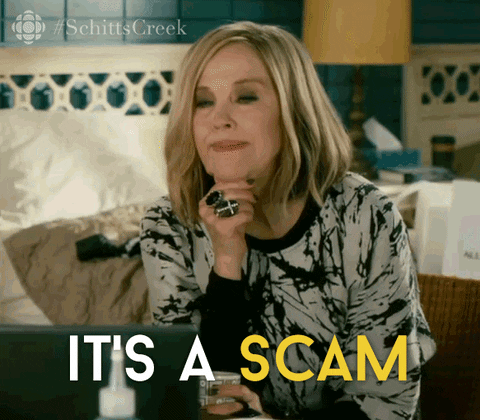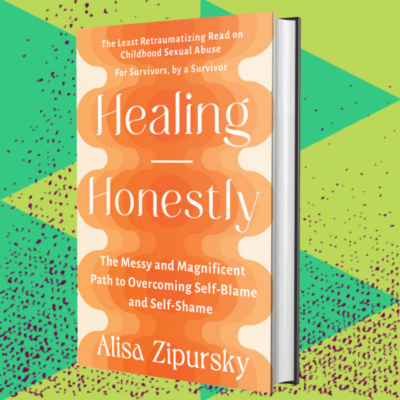How do we validate our pain when we don’t remember our childhoods?
Here is a question from Natalie (she/her) from Alberta, Canada that was submitted through my Friday newsletter.
What are some things that might indicate to someone that they have suffered repressed abuse? For as long as I can remember, I’ve felt uncomfortable around my dad, especially with physical affection. Despite attempts at having some sort of relationship with my father as an adult, I never enjoyed spending time with him and his new family and ceased contact with him entirely about five years ago.
But a few years ago I started having really vivid nightmares about him, and in them he’s always a menacing figure who is attacking me, and who I am fighting off. Only a couple of times have they reached into sexual violence, but they are always terrifying. I just don’t know if my discomfort around him growing up and these nightmares are connected, if they indicate repressed sexual abuse, and/or how to even begin figuring that out for myself.
Thank you so much Natalie for sharing with all of us and trusting all of us with this part of yourself and your story.
I get asked very often by extremely wonderful people in a lot of pain to tell me whether or not they were sexually abused. To be clear, that’s not how I read your question, but I say that because I understand that desperate need to understand why we are the way we are and understand exactly what happened to us. I, myself, have asked many therapists and other people to define my trauma history for me, pleading, “Just tell me what happened to me!!!!” So any of those feelings you may be experiencing are so normal and you are in the absolute best company, I promise!

Diving deeper into asking ourselves if it was bad enough
But more than all of that, the thing I most want to say to you is that whatever happened was bad enough. I know this question of whether what happened to us was “bad enough” rings in so many of our minds, especially those of us who don’t have a clear memory or understanding of what exactly happened to us in our childhoods. I think it’s really important for us to finish that sentence to say, “Was it bad enough to warrant _______”. Here are some ways I like to fill in that blank:
I wish I could offer you that moment of clarity that I’ve craved so many times in my life.
And while I cannot provide that, what I can offer you is this: the symptoms you are describing are ones I’ve heard thousands of times before from people who experienced trauma in their childhoods. My trauma presented itself in nightmares of sexual violence with my father. You are not crazy! And you most certainly are not alone! Your mind and body are trying to process and understand times that you’ve felt unsafe and all the really hard emotions that come from that lack of safety. This is what our minds and bodies impacted by trauma often look like.
And I promise to anyone reading this who isn’t Natalie, all of those above bullet points apply to you too! Yes, even you who think you must be the exception, I’m looking right at you!

What does it feel like to consider these questions? How does it feel to center your safety and wellbeing, even if you never have more clarity of what happened in your childhood than you do now?
It’s totally normal for us to wish for more clarity about our childhoods, but we also need to honor the knowledge we already have
It’s okay for you to want more clarity than you have today. I am not trying to tell you to feel differently. But I want to tell you that you have a lot of really valuable information already, and that I personally don’t believe you have to remember more to be able to heal from what was a traumatic formative relationship for you with your father.
There are reasons that being near him made you feel so bad and that he’s showing up in your nightmares, and none of those reasons involve anything that is your fault whatsoever, and all those reasons are worthy of care and healing.
The world has taught us to blame ourselves for our trauma symptoms
Survivors are conditioned both by people near us and society at-large to blame ourselves for our trauma symptoms. For example, when we have nightmares or flashbacks we may find that it feels more natural for us to say: “What’s wrong with me to cause me to have these flashbacks?!” than for us to say: “What wrong thing happened to me to cause these trauma nightmares?”
It may feel more natural for us to blame ourselves for our own symptoms because we’ve been conditioned to do just that! We have received messages since we were kids that expressions of our trauma were our own fault and that our feelings and needs were not to be trusted. So it’s totally understandable that now, as adults, we may have a tendency to blame ourselves for things that aren’t our fault, or to feel guilt and shame for our symptoms. This is how our abusers designed it to feel!
It’s one of the enormous scams of rape culture: persuading us that our trauma symptoms are something we invented and should blame ourselves for, instead of seeing them as evidence of something wrong happening to us. What a total scam. It isn’t your fault you feel that way, I promise!
The world has taught us to blame ourselves for our trauma symptoms
Survivors are conditioned both by people near us and society at-large to blame ourselves for our trauma symptoms. For example, when we have nightmares or flashbacks we may find that it feels more natural for us to say: “What’s wrong with me to cause me to have these flashbacks?!” than for us to say: “What wrong thing happened to me to cause these trauma nightmares?”
It may feel more natural for us to blame ourselves for our own symptoms because we’ve been conditioned to do just that! We have received messages since we were kids that expressions of our trauma were our own fault and that our feelings and needs were not to be trusted. So it’s totally understandable that now, as adults, we may have a tendency to blame ourselves for things that aren’t our fault, or to feel guilt and shame for our symptoms. This is how our abusers designed it to feel!
It’s one of the enormous scams of rape culture: persuading us that our trauma symptoms are something we invented and should blame ourselves for, instead of seeing them as evidence of something wrong happening to us. What a total scam. It isn’t your fault you feel that way, I promise!

I have no miracle solution that erases all the decades of self-blame and shame we’ve been conditioned to feel. But I do think practicing identifying that scam and calling bullshit on it does help, over time, for us to understand the shame we feel isn’t ours to hold. It isn’t your fault you have trauma symptoms. I promise.
Whether it was sexual abuse or emotional abuse or another form of harm, it left you traumatized by it, and that’s never okay, and that’s always worthy of support, healing and deep care.
It sounds like these nightmares have been getting worse, and it sounds almost like your mind and body are demanding from you to take your pain very seriously and direct resources, time and energy to honoring the trauma you’ve experienced and its ongoing impact on you. I invite you to consider what some steps may be that you can take to support your own healing, whether it’s talk therapy, somatic-based therapies, trauma-informed mindfulness practices, journaling, talking with trusted people in your life, etc. You’ve already done so many hard things to keep yourself safe and get to this moment. Now that you are here, it’s time to cultivate all that support, care and healing you so deeply deserve.

